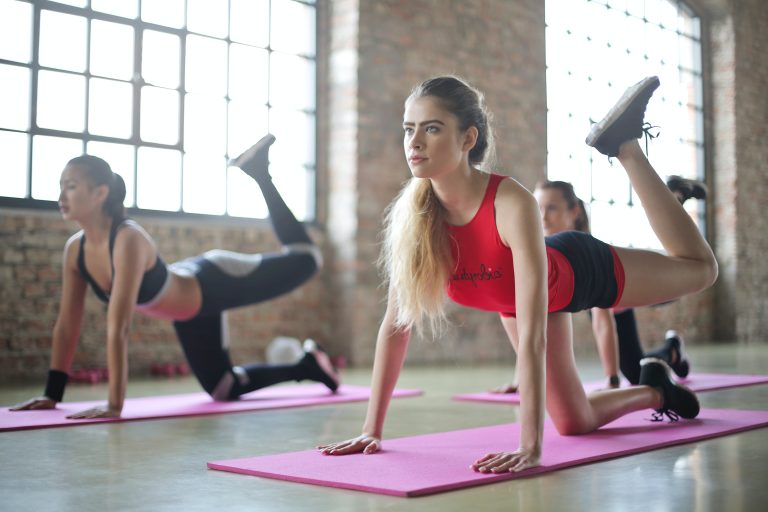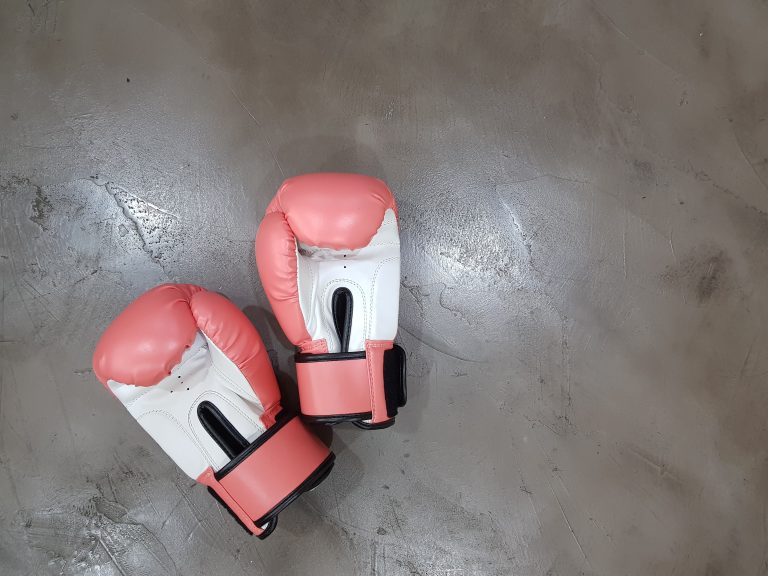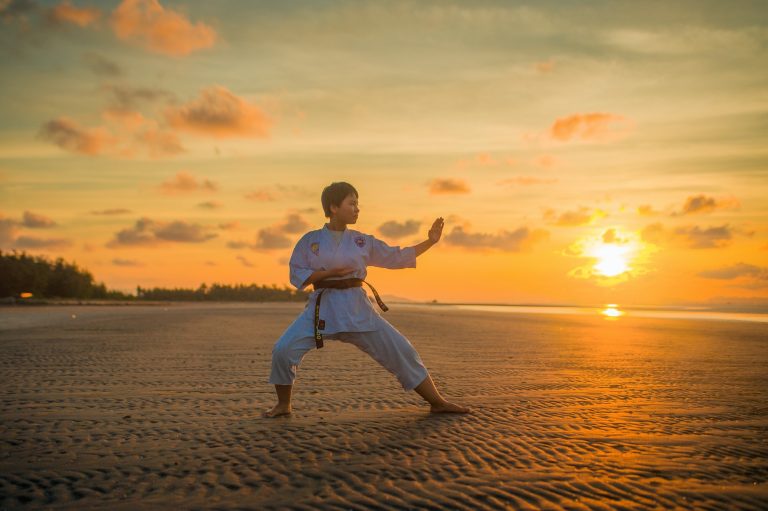Karate: Is it suitable for everyone?
Karate is a martial art that originated in Okinawa, Japan and has become a popular sport and form of self-defense around the world. Karate focuses on striking techniques, such as kicks and punches, and also includes grappling and joint-locking techniques. The question remains, is karate suitable for everyone?
The Benefits of Karate
Karate has many benefits, both physical and mental. Practicing karate can increase strength, flexibility, coordination, and endurance. Karate is also known to improve mental focus, discipline, confidence, and self-esteem. These benefits make karate a great choice for people of all ages and fitness levels.
The Risks of Karate
As with any physical activity, there are certain risks associated with practicing karate. The most common injuries in karate include sprains, strains, fractures, and bruises. However, serious injuries such as concussions and spinal injuries are also possible. It is important to take proper precautions and follow safety guidelines when practicing karate to minimize the risk of injury.
Karate for Children
Karate can be an excellent activity for children, as it promotes physical fitness and self-discipline. However, it is important to find a reputable instructor who has experience working with children and emphasizes safety in their classes. Parents should also educate themselves on the potential risks and ensure that their child follows proper safety guidelines.
Karate for Adults
Karate can be a great form of exercise for adults of all ages, especially those looking to improve their overall fitness and mental focus. Adults should also pay attention to their body’s limitations and consult their doctor before beginning karate or any new physical activity.
Karate for Elderly Individuals
While karate can be beneficial for elderly individuals in promoting balance, flexibility, and strength, extra precautions should be taken to prevent injury due to age-related physical limitations. It is important for elderly individuals to consult their doctor and find an experienced instructor who is knowledgeable in working with seniors.
Conclusion
Karate can be a great activity for people of all ages and fitness levels, but it is important to prioritize safety and find a reputable instructor. Whether you’re looking to improve your physical fitness or mental focus, karate can be a rewarding and fun activity to try.
Is Karate Suitable for Everyone? Answers to the Most Frequently Asked Questions
Karate is a martial art that has been well known for decades, originating in Japan. It teaches self-defense, focuses on mental and physical health, and is enjoyed by millions worldwide. Nonetheless, some people wonder whether karate is suitable for everyone. Therefore, in this blog post, we will answer the questions that people commonly ask concerning the suitability of karate.
1. What is karate?
Karate is a martial art that emphasizes using the body’s natural weapons for self-defense. Brought to Japan from Okinawa in the early 20th century, karate was modified to become the Japanese hand-to-hand combat system that we recognize today. In karate, strikes, kicks, blocks, and other techniques are used to protect oneself from attackers.
2. What are the benefits of practicing karate?
Practicing karate can have numerous physical, mental, and emotional benefits. Some of the most significant benefits include:
- Becoming physically active and improving one’s overall fitness level
- Enhancing strength, flexibility, speed, and stamina
- Developing coordination and balance
- Increasing self-confidence and self-esteem
- Relieving stress and anxiety
- Improving focus and concentration
- Cultivating self-discipline and determination
3. Is karate safe for children?
Karate can be safe for children when taught correctly and practiced in a safe environment. Children who practice karate can benefit from the same physical and mental advantages as adults. Moreover, karate can teach children valuable life skills such as self-discipline, respect, and self-defense. However, it is essential to ensure that the training is age-appropriate and that the instructor has experience teaching children.
4. Can seniors practice karate?
Yes, seniors can practice karate if they have no health issues that would prevent them from doing so. Karate can improve seniors‘ strength, coordination, balance, and overall fitness level. Furthermore, karate can provide social interactions and camaraderie, making it an attractive option for seniors. As with any physical activity, seniors should consult their doctor before starting karate.
5. Do I need prior experience to practice karate?
No, prior experience in martial arts is not necessary for learning karate. Most karate schools accept beginners with no prior experience and teach them from the basics. This means that anyone can start practicing karate, regardless of age, gender, fitness level, or experience.
6. What equipment do I need for karate?
The equipment required for karate may depend on the karate school, but the most common equipment includes:
- Karate uniform (Gi)
- Belt (Obi)
- Protective gear (Groin, mouthguard, shin guards, headgear)
- Training pads
7. Will karate help me defend myself in a real-life situation?
Yes, karate can help you defend yourself in a real-life situation. However, it is essential to remember that self-defense is not just about physical techniques. Karate also teaches mental and emotional skills that can help you stay calm and focused during an attack. Furthermore, the level of training and how it has been practiced can have a significant impact on your ability to defend yourself.
8. Can people with physical disabilities practice karate?
Yes, people with physical disabilities can practice karate if they find a school or instructor that can adapt to their specific needs. Many karate schools offer adapted programs for people with disabilities, including visual and hearing impairments, wheelchairs, amputees, and others. It is essential to communicate any specific needs with the instructor to develop a safe and effective training program.
Conclusion
In conclusion, karate can be suitable for everyone, regardless of age, gender, fitness level, or experience. With the proper training, anyone can enjoy the numerous physical, mental, and emotional benefits of karate. However, it is crucial to find a qualified instructor who can teach and adapt to individual needs. With dedication, hard work, and persistence, anyone can learn karate and improve their quality of life.
Inhaltsverzeichnis






